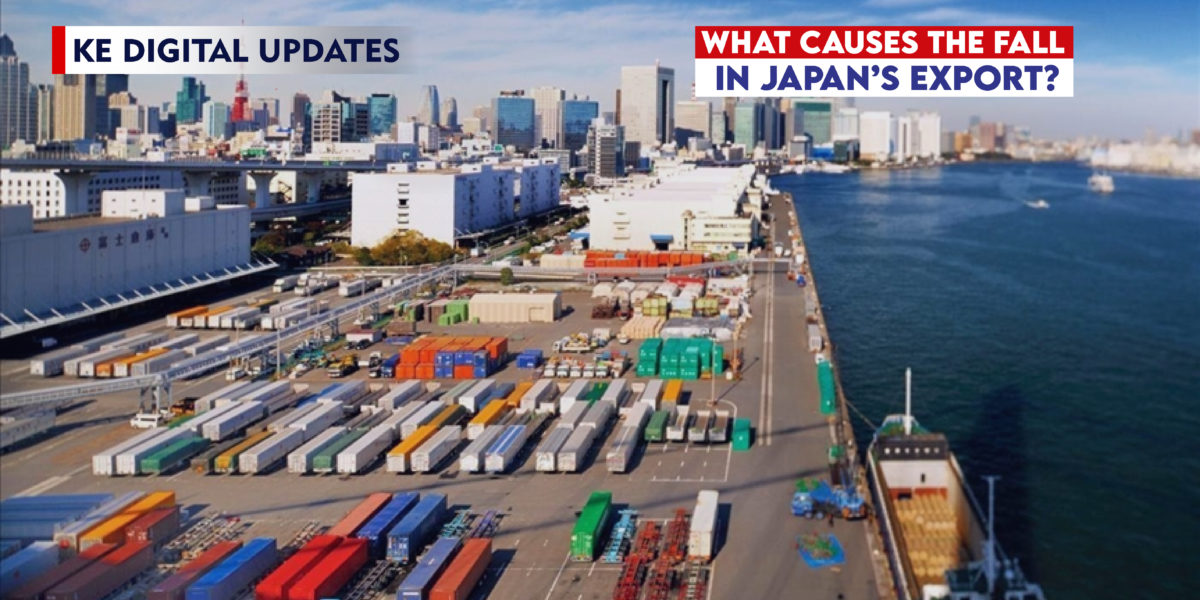Export prices of Japanese scrap have decreased due to lower demand from foreign
markets. Rebar inventories of the mills in Vietnam and South Korea have increased in
response to lower demand from the end user. Export prices of Japanese H2 have declined
by $14/MT and reached $266-$273/MT FOB. Prices showed the lowest level last year.
Japan’s Tokyo Steel has not changed the domestic price of scrap buying. In Japan, there
will be Obon holidays from 10-16 August, and major steel mills have planned
maintenance of EAFs in August.
South Korean Mills have decreased the local scrap purchase prices by up to $15/MT.
Hyundai Steel & Dongkuk Steel has decreased prices by $8/MT.
Buyers from Vietnam are not in the market due to less provision of credit from banks
due to economic instability. So, market trends will remain bearish in the next few days.
The decline in domestic market prices will keep the buyer in the local market. The
decline has been seen in Japan’s H2 offer from $345-350/MT CFR.
There is a buzz in the market that Bangladesh has a bulk booking of 18000/MT of H2 &
HS at the rate of $425/MT. Ferrous scrap imports of Japan have a decline of 25% in the
first half of 2022 from 4.07 million tons in 2021 to 3.04 million tons in 2022.
Japanese exporters are not interested in lowering prices. Japan’s export tender is
scheduled from 10th August 2022 with a fall of $66/MT at $399/MT.
What causes the fall in Japan’s Export?


